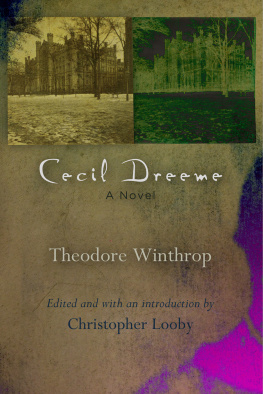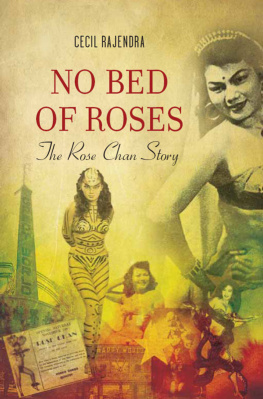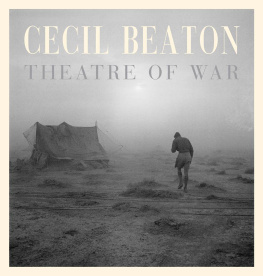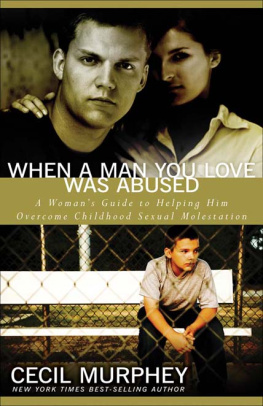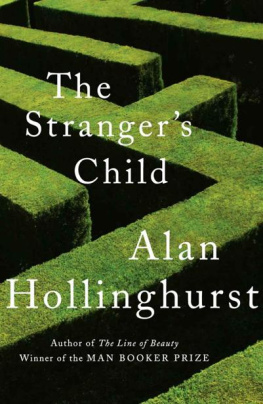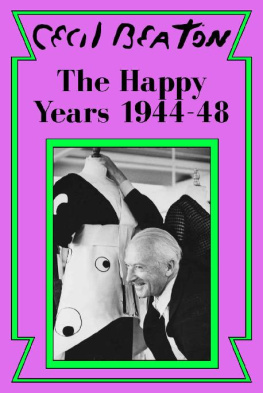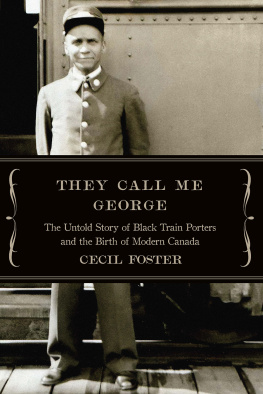
Alan Hollinghurst
The Strangers Child
Copyright Alan Hollinghurst 2011
Two Acres
Shed been lying in the hammock reading poetry for over an hour. It wasnt easy: she was thinking all the while about George coming back with Cecil, and she kept sliding down, in small half-willing surrenders, till she was in a heap, with the book held tiringly above her face. Now the light was going, and the words began to hide among themselves on the page. She wanted to get a look at Cecil, to drink him in for a minute before he saw her, and was introduced, and asked her what she was reading. But he must have missed his train, or at least his connection: she saw him pacing the long platform at Harrow and Wealdstone, and rather regretting hed come. Five minutes later, as the sunset sky turned pink above the rockery, it began to seem possible that something worse had happened. With sudden grave excitement she pictured the arrival of a telegram, and the news being passed round; imagined weeping pretty wildly; then saw herself describing the occasion to someone, many years later, though still without quite deciding what the news had been.
In the sitting-room the lamps were being lit, and through the open window she could hear her mother talking to Mrs Kalbeck, who had come to tea, and who tended to stay, having no one to get back for. The glow across the path made the garden suddenly lonelier. Daphne slipped out of the hammock, put on her shoes, and forgot about her books. She started towards the house, but something in the time of day held her, with its hint of a mystery she had so far overlooked: it drew her down the lawn, past the rockery, where the pond that reflected the trees in silhouette had grown as deep as the white sky. It was the long still moment when the hedges and borders turned dusky and vague, but anything she looked at closely, a rose, a begonia, a glossy laurel leaf, seemed to give itself back to the day with a secret throb of colour.
She heard a faint familiar sound, the knock of the broken gate against the post at the bottom of the garden; and then an unfamiliar voice, with an edge to it, and then Georges laugh. He must have brought Cecil the other way, through the Priory and the woods. Daphne ran up the narrow half-hidden steps in the rockery and from the top she could just make them out in the spinney below. She couldnt really hear what they were saying, but she was disconcerted by Cecils voice; it seemed so quickly and decisively to take control of their garden and their house and the whole of the coming weekend. It was an excitable voice that seemed to say it didnt care who heard it, but in its tone there was also something mocking and superior. She looked back at the house, the dark mass of the roof and the chimney-stacks against the sky, the lamp-lit windows under low eaves, and thought about Monday, and the life they would pick up again very readily after Cecil had gone.
Under the trees the dusk was deeper, and their little wood seemed interestingly larger. The boys were dawdling, for all Cecils note of impatience. Their pale clothes, the rim of Georges boater, caught the failing light as they moved slowly between the birch-trunks, but their faces were hard to make out. George had stopped and was poking at something with his foot, Cecil, taller, standing close beside him, as if to share his view of it. She went cautiously towards them, and it took her a moment to realize that they were quite unaware of her; she stood still, smiling awkwardly, let out an anxious gasp, and then, mystified and excited, began to explore her position. She knew that Cecil was a guest and too grown-up to play a trick on, though George was surely in her power. But having the power, she couldnt think what to do with it. Now Cecil had his hand on Georges shoulder, as if consoling him, though he was laughing too, more quietly than before; the curves of their two hats nudged and overlapped. She thought there was something nice in Cecils laugh, after all, a little whinny of good fun, even if, as so often, she was not included in the joke. Then Cecil raised his head and saw her and said, Oh, hello! as if theyd already met several times and enjoyed it.
George was confused for a second, peered at her as he quickly buttoned his jacket, and said, Cecil missed his train, rather sharply.
Well, clearly, said Daphne, who chose a certain dryness of tone against the constant queasy likelihood of being teased.
And then of course I had to see Middlesex, said Cecil, coming forward and shaking her hand. We seem to have tramped over much of the county.
He brought you the country way, said Daphne. Theres the country way, and the suburban way, which doesnt create such a fine impression. You just go straight up Stanmore Hill.
George wheezed with embarrassment, and also a kind of relief. There, Cess, youve met my sister.
Cecils hand, hot and hard, was still gripping hers, in a frank, convivial way. It was a large hand, and somehow unfeeling; a hand more used to gripping oars and ropes than the slender fingers of sixteen-year-old girls. She took in his smell, of sweat and grass, the sourness of his breath. When she started to pull her fingers out, he squeezed again, for a second or two, before releasing her. She didnt like the sensation, but in the minute that followed she found that her hand held the memory of his hand, and half-wanted to reach out through the shadows and touch it again.
I was reading poetry, she said, but Im afraid it grew too dark to see.
Ah! said Cecil, with his quick high laugh, that was almost a snigger; but she sensed he was looking at her kindly. In the late dusk they had to peer closely to be sure of each others expressions; it made them seem particularly interested in each other. Which poet?
She had Tennysons poems, and also the Granta, with three of Cecils own poems in it, Corley, Dawn at Corley and Corley: Dusk. She said, Oh, Alfred, Lord Tennyson.
Cecil nodded slowly and seemed amused by searching for the kind and lively thing to say. Do you find he still holds up? he said.
Oh yes, said Daphne firmly, and then wondered if shed understood the question. She glanced between the lines of trees, but with a sense of other shadowy perspectives, the kind of Cambridge talk that George often treated them to, where things were insisted on that couldnt possibly be meant. It was a refinement of teasing, where you were never told why your answer was wrong. We all love Tennyson here, she said, at Two Acres.
Now Cecils eyes seemed very playful, under the broad peak of his cap. Then I can see we shall get on, he said. Lets all read out our favourite poems if you like to read aloud.
Oh yes! said Daphne, excited already, though shed never heard Hubert read out anything except a letter in The Times that he agreed with. Which is your favourite? she said, with a moments worry that she wouldnt have heard of it.
Cecil smiled at them both, savouring his power of choice, and said, Well, youll find out when I read it to you.
I hope its not The Lady of Shalott, said Daphne.
Oh, I like The Lady of Shalott.
I mean, thats my favourite, said Daphne.
George said, Well, come up and meet Mother, spreading his arms to shepherd them.
And Mrs Kalbecks here too, said Daphne, by the way.
Then well try and get rid of her, said George.
Well, you can try said Daphne.
Im already feeling sorry for Mrs Kalbeck, said Cecil, whoever she may be.
Shes a big black beetle, said George, who took Mother to Germany last year, and hasnt let go of her since.
Next page

